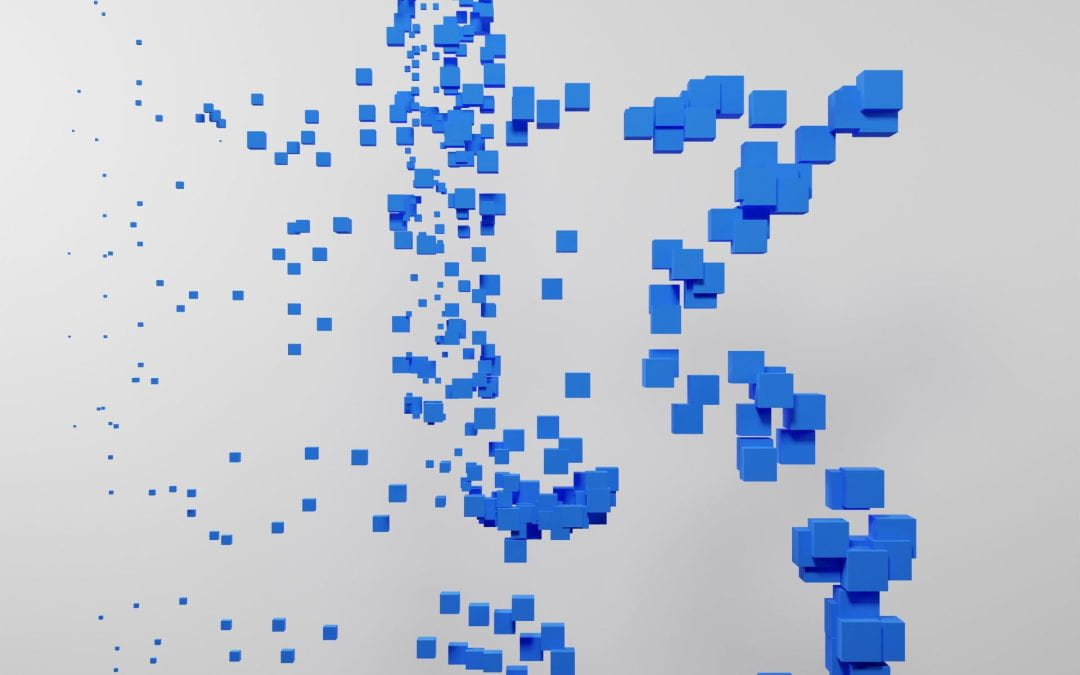Estimation of diffusion parameters from under-sampled measurements with deep learning
Parameters inferred from the diffusion signal measured at every voxel in diffusion-weighted magnetic resonance imaging, such as mean diffusivity and fractional anisotropy, reflect upon tissue characteristics and are, therefore, used in many clinical applications. We would like to explore deep learning methods and develop solutions to estimate these parameters from a small number of measurements, to shorten the patient scan times and enable such analyses in vulnerable patient populations such as fetuses, and pediatric patients who cannot stay still in the MRI scanner for long imaging sessions.
Automatic image quality assessment and brain segmentation in diffusion-weighted images
Real-time assessment of the quality of diffusion-weighted images is very important. Segmentation of the brain in these images is also necessary and very challenging due to complex image intensity variations. We seek methods that can accomplish these accurately and in real time.
Deep learning-based estimation of fiber orientation distribution from diffusion-weighted MRI
Existing methods for estimating brain fiber orientations use mathematical models that are based on the physics of the diffusion process. We seek machine-learning-based methods that avoid relying on such models, which can be sub-optimal or even wrong.
Fetal and newborn brain tract segmentation using deep learning
Segmentation of major brain white matter tracts is essential in studying brain development and degeneration. The common methods to accomplish this task involve complex multi-step procedures. We would like to explore the potential of deep learning to replace these complex pipelines.
